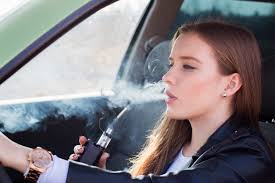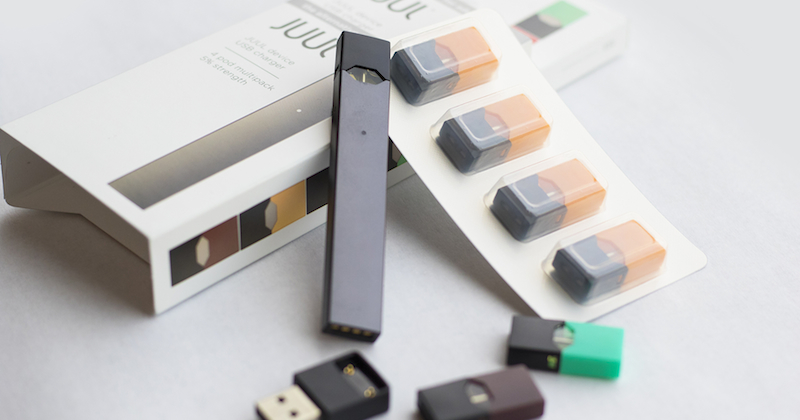North Carolina has settled its lawsuit with Juul Labs for $40 million. The lawsuit is the first decision of numerous lawsuits that have been brought by states claiming the e-cigarette maker’s marketing practices was the catalyst to what the U.S. Food and Drug Administration has called an “epidemic” of youth use. The money will fund programs to help people quit e-cigarettes, prevent e-cigarette addiction, and research e-cigarettes.

“This settlement is consistent with our ongoing effort to reset our company and its relationship with our stakeholders as we continue to combat underage usage and advance the opportunity for harm reduction for adult smokers,” said Joshua Raffel, a Juul spokesperson, in a statement. “We seek to continue to earn trust through action. Over the past two years, for example, we ceased the distribution of our non-tobacco, non-menthol flavored products in advance of FDA guidance and halted all mass market product advertising. This settlement is another step in that direction.”
The settlement was announced on Monday by Josh Stein, the North Carolina attorney general, who said that Juul agreed to avoid marketing that appeals to those under the age of 21. The company will curtail its use of “most social media advertising, influencer advertising, outdoor advertising near schools, and sponsoring sporting events and concerts,” Stein said.
North Carolina sued the company in May of 2019, the first state in the country to file suit against the e-cigarette manufacturer. In the agreement, the company denies any wrongdoing or liability. Juul Labs will ensure its products are sold behind counters, the attorney general said. Juul Labs will also use third-party age verification systems for online sales. The order also commits Juul to sending teenage “mystery shoppers” to 1,000 stores each year, to check whether they are selling to minors.
It also bars the company from using models under age 35 in advertisements and states that no advertisements should be posted near schools. “For years Juul targeted young people, including teens, with highly addictive e-cigarettes,” said Stein in a statement. “It lit the spark and fanned the flames of a vaping epidemic among our children — one that you can see in any high school in North Carolina.”
Thirteen states, including California, Massachusetts and New York, as well as the District of Columbia, have filed similar lawsuits. The central claim in each case is that Juul knew, or should have known, that it was it was hooking teenagers on pods that contained high levels of nicotine.
“This win will go a long way in keeping Juul products out of kids’ hands, keeping its chemical vapor out of their lungs, and keeping its nicotine from poisoning and addicting their brains. I’m incredibly proud of my team for their hard work on behalf of North Carolina families,” Stein said. “We’re not done – we still have to turn the tide on a teen vaping epidemic that was borne of Juul’s greed. As your attorney general, I’ll keep fighting to prevent another generation of young people from becoming addicted to nicotine.”








